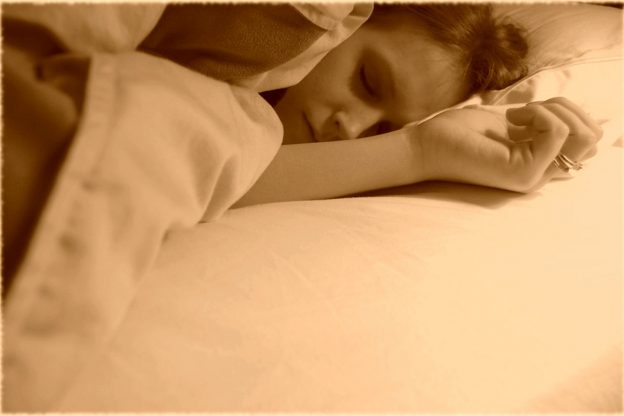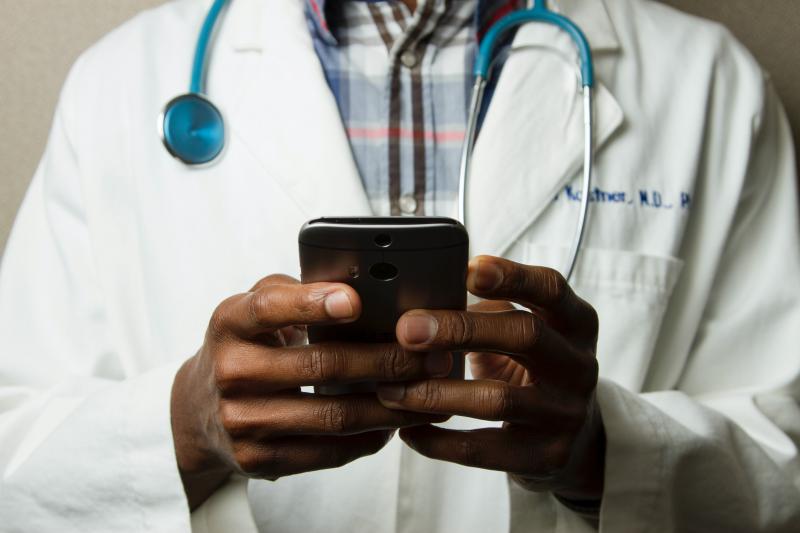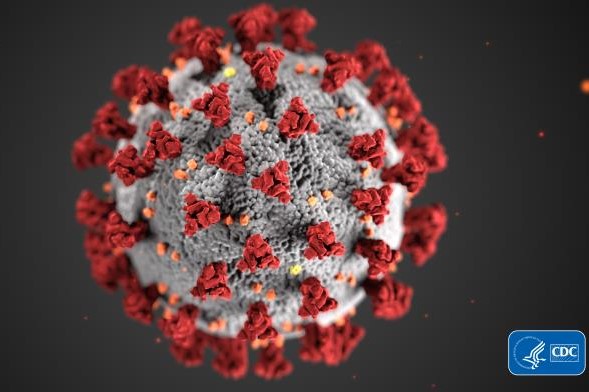
(Pedro Simões, Wikimediacommons)
If you say you’ve been having pandemic-related dreams, you are not alone.
Your Dreams
We asked how COVID-19 has affected your dreams and sleep quality. Answers ranged widley from generally experiencing more vivid dreams, like the one we received from Nathaniel Ferguson:
“The last three nights I've had vivid and very weird dreams. Not really pandemic theme, though.”
To very specific stress dreams like Cindy Duffy’s:
“My recurring COVID-19 dream is everyone I know and love is one by one disappearing in front of me. Like bubbles popping, they are just gone.”
Researchers Agree
These responses are consistent with reports from research centers across the world that started taking data on people’s dreams when the COVID-19 pandemic began.
One study from the Lyon Neuroscience Research Center in France found a 35 percent increase in dream recall and a 15 percent increase in negative dreams.
Another researcher at Harvard Medical School taking data on COVID-19 dreams reports common dreams so far involve the dreamer falling ill or searching for a cure.
One expert says she’s not surprised to hear reports that the pandemic has altered people’s sleep and dream patterns.
Yelena Chernyak is a clinical psychologist and assistant professor for Indiana University School of Medicine and director of their Behavioral Sleep Medicine Program.
She says having pandemic-related dreams and increased reports of dreaming in general is expected, given how it has affected everyone’s day-to-day life.
“Generally, we don’t necessarily do a lot of dream analysis to figure out what dreams mean,” she says. “But in cases like this it’s usually pretty obvious.”
Why You Might Be Dreaming Of COVID-19
Significant events and emotions are likely to infiltrate your thoughts as you sleep, according to Chernyak. That’s because one of the main purposes of sleep is memory consolidation.
“That’s kind of like our brain defragmenting that hard-drive,” she says. “Basically, sorting through all of the thoughts, images, and experiences of our day.”
She says as our brain files memories away, they often become the subjects in our dreams.
“When you think about how salient our daily experiences are with COVID-19, those things are probably going to rise to the surface,” she says.
She adds thoughts about the pandemic can manifest themselves in different ways while you sleep.
“So, people’s dreams might not be about anything related to the pandemic itself, but it might be dreams with imagery that elicits anxiety, worry, or other negative emotions,” she says.
Remebering Your Dreams
One explanation for why people report better memory of their dreams right now is they may have more down time if they’re working from home, Chernyak says.
Studies show if you try to remember or think about your dreams right after waking up, you’ll recall your dreams more easily.
So, if you no longer have to think about your commute to work or getting kids to school, your dreams may occupy your mind for longer when you wake up, she says.
Tips To Avoid Sleep Anxiety
Chernyak says it’s best not to dwell on the content of a dream, because there’s no way to know what it really means or if there is any significance behind it.
Though, she says if a dream was particularly emotional, it’s likely because that’s an emotion you are feeling during the day but are too preoccupied to allow yourself to process.
“You may in fact need to do something during the day to help cope with that emotion,” she says.
For the latest news and resources about COVID-19, bookmark our Coronavirus In Indiana page here.










